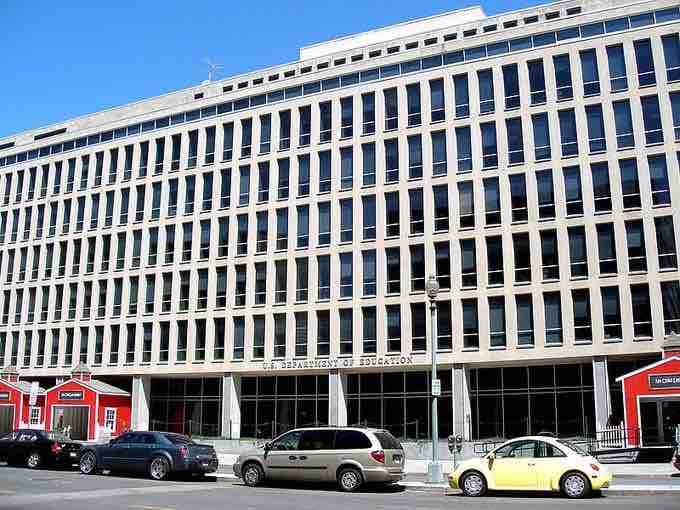Education Policy
Education policy refers to the collection of laws and rules that govern the operation of education systems.
Education occurs in many forms for many purposes. Examples include early childhood education, kindergarten through to 12th grade, two and four year colleges or universities, graduate and professional education, adult education and job training. Therefore, education policy can directly affect the education of people at all ages.
Examples of areas subject to debate in education policy, include school size, class size, school choice, school privatization, tracking, teacher education and certification, teacher pay, teaching methods, curricular content, graduation requirements, school infrastructure investment, and the values that schools are expected to uphold and model.
Education policy analysis is the scholarly study of education policy. It seeks to answer questions about the purpose of education, the objectives (societal and personal) that it is designed to attain, the methods for attaining them and the tools for measuring their success or failure. Research intended to inform education policy is carried out in a wide variety of institutions and in many academic disciplines. Important researchers are affiliated with departments of psychology , economics , sociology , and human development , in addition to schools and departments of education or public policy.
The Department of Education
The federal department relating responsible for education oversight is the Department of Education . The Department of Education is a Cabinet-level department of the United States government. The primary functions of the Department of Education are to "establish policy for, administer and coordinate -most federal assistance to education, collect data on US schools, and to enforce federal educational laws regarding privacy and civil rights. " However, the Department of Education does not establish schools or colleges.

U. S. Department of Education
The Lyndon B. Johnson Department of Education Building
Unlike the systems of most other countries, education in the United States is highly decentralized, and the federal government and Department of Education are not heavily involved in determining curricula or educational standards (with the recent exception of the No Child Left Behind Act). This has been left to state and local school districts. The quality of educational institutions and their degrees is maintained through an informal private process known as accreditation, over which the Department of Education has no direct public jurisdictional control.
The Department's mission is: to promote student achievement and preparation for global competitiveness by fostering educational excellence and ensuring equal access. Aligned with this mission of ensuring equal access to education, the Department of Education is a member of the United States Interagency Council on Homelessness, and works with federal partners to ensure proper education for homeless and runaway youth in the United States.